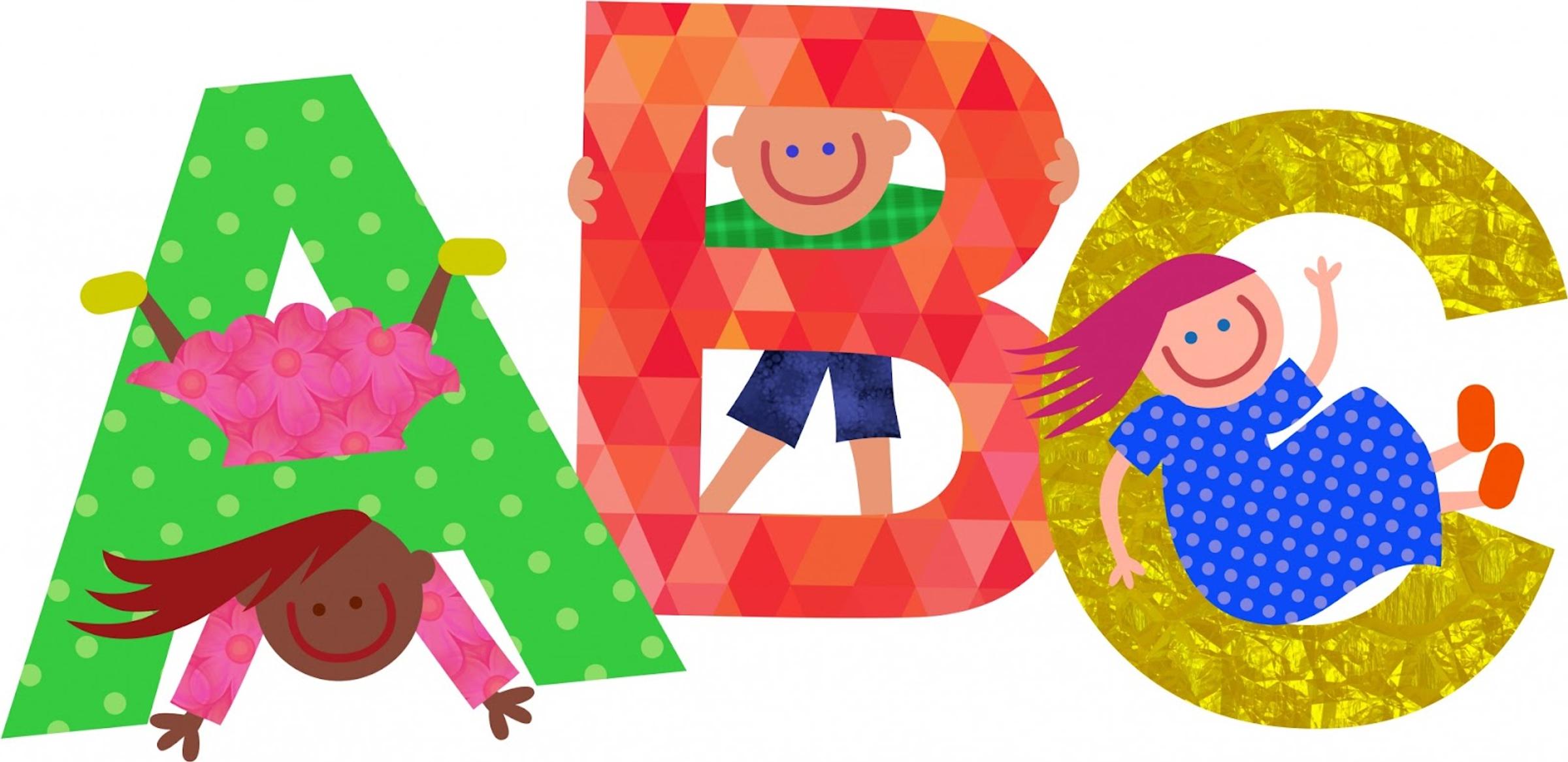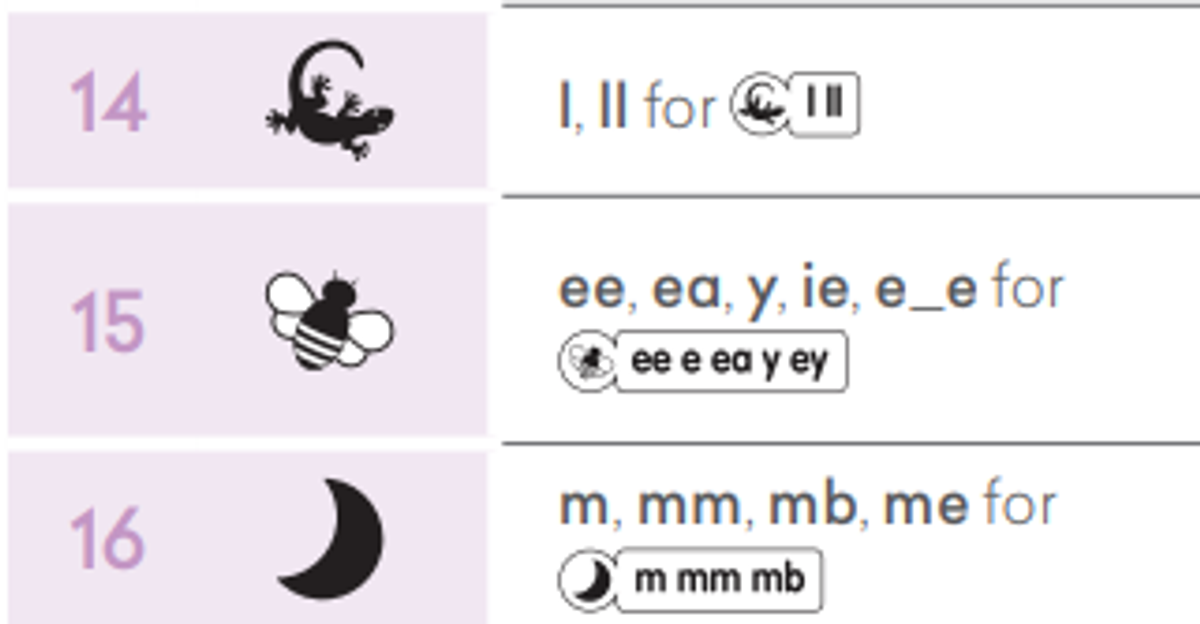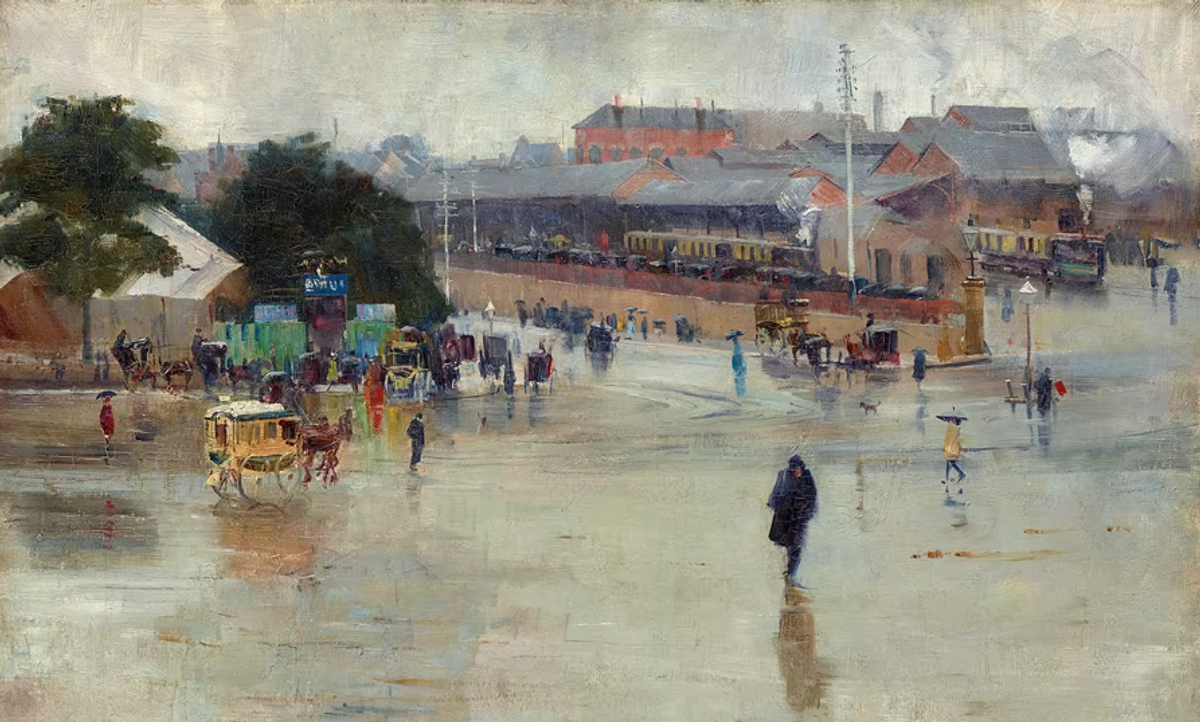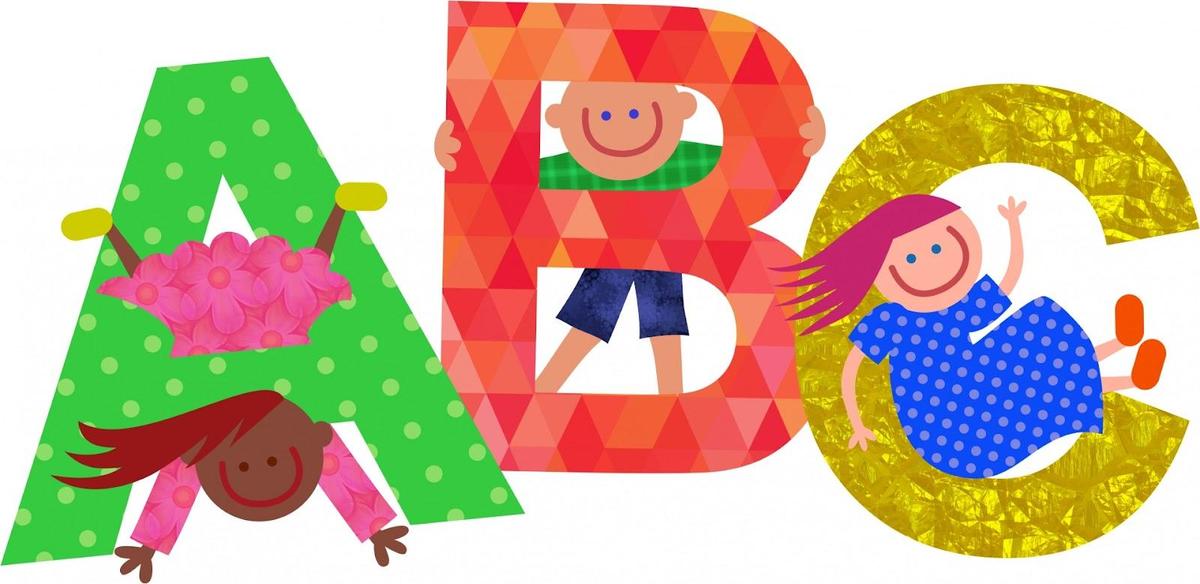English News

Reading Intervention 2024
Over the last few years the NSW curriculum has been re-written and implemented into schools. This new curriculum has been written based on evidence and research on how students learn. The English curriculum is now aligned to the Science of Reading. This has involved a broad range of research areas, including linguistics, cognitive science and neuroscience on how students specifically learn to read. Due to this, we have changed our reading interventions to align with this evidence based approach and to then also be consistent with classroom practice.
INFANTS
Kindergarten
Due to this being a student's first year of schooling. We use this year to teach the Kindergarten students the whole set of the initial code (single sounds)
Students that need some more support to retain these sounds and read words will have more opportunities to have guided practice with the teacher. They will also have small group intervention with an LSO. We then use the data collected at the end of the year to assist in identifying if they qualify from the Year 1 Reading Intervention.
Year 1
In previous years we have used the Reading Recovery model for Year 1 intervention. This framework can work for some children, although it has been proven that this balanced literacy approach is not the ideal intervention for our children who are at greater risk. The best approach is through the teaching of phonemic awareness, phonics and decodable texts. Children on Year 1 Intervention are identified through various assessments. These assessments then assist us in determining whether the student has 1 on 1 or small group intervention.
1 on 1 intervention (Tier 1) consists of individual sounds, word blending and reading, word building and writing, sentence level reading and writing and supported reading using decodable texts aligned with the students level of sounds. These sessions are held 4 times a week for 30 minutes.
Small group intervention (Tier 2) is run using the MiniLit Program. Minilit stands for ‘Meeting Initial Needs In Literacy’. MiniLit is informed by the findings of scientific research, carried out over the past 40 years, into how reading works and how it may best be taught. It is also aligned with the curriculum and national report recommendations into effective reading instruction that have emphasised the five key pillars of reading instruction (sometimes known as the ‘five big ideas’), namely: phonemic awareness, phonics, fluency, vocabulary and comprehension.
Year 2
Students have the opportunity to have guided support with the Minilit Program. See small group intervention model above.
PRIMARY
1 on 1 intervention (Tier 1) - Reading Doctor
Reading Doctor® Online is a scientifically based teaching tool designed to improve reading skills for children who are learning to read and spell. Reading Doctor® Online uses a unique, highly effective, patented system to teach children to associate letters and letter patterns with the sounds they represent. It also teaches blending, segmentation, sight word recognition and other key literacy skills found through research to be crucial in the development of reading and spelling ability. The program automatically adjusts learning support for each student. It identifies each student's skill strengths and weaknesses. It spends less time on established skills, and more time with more support on areas of skill weakness, leading to fast and effective learning.
Small group intervention (Tier 2)
MacqLit
MacqLit is an explicit and systematic reading intervention program for small groups of older low-progress readers. Ideal for students who fall in the bottom 25% of a standardised reading test or curriculum-based measure, and who have particular difficulties in the area of word recognition. The primary focus of MacqLit is on phonics, or word identification, supported by connected text reading to ensure skills are generalised to authentic reading experiences.- This is conducted four times a week in small groups.
Years 3-6
Soundwaves Spelling - Years 3-6
Years 3-6 will be covering units:
Week 4: Unit 14
Week 5: Unit 15
Week 6: Unit 16
WriteOn Competition 2024
WriteOn is an annual writing competition open to all NSW primary students in Years 1 to 6.
Entries are now open for students to write a short, imaginative text of up to 500 words using the artwork above as inspiration. The annual WriteOn competition gives students the opportunity to develop their writing skills and if their entry is selected for inclusion, become a published author. To find out more visit: nsw.gov.au/education-and-training/nesa/awards-and-events/writeon-competition .
As a school, we can enter three submissions. Please send your submissions to Mrs Hill.
Kim Hill
Years 3-6 English Coordinator
K-2 Phonics Update
Kindergarten
Week 4: Consolidate m d g o c k ck
Week 5: e u r rock, sock, rag, red, tug, sud,
Year 1
Week 4: Consolidate ea: ea ee y e sea pea beat heat bead leash jeans windy rainy daily
Week 5: oa: oa ow o_e boat coat goat show blow snow smoke broke spoke
Year 2
Week 4: or: or aw a our dawn lawn sport morning fork horse small calling
Week 5: or: al au oor ough augh chalk stalk floor door bought caught daughter
Kate Gill
K-2 English Coordinator Kim Hill and Kate Gill
English Coordinators


